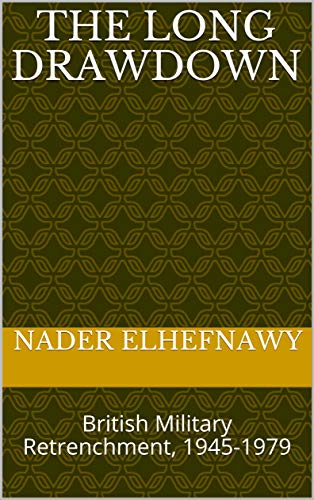A few years ago I was researching the James Bond series.
Looking back on the relevant history, Ian Fleming's original James Bond novels seem to me to have had enduring achievements in their updating the half century old "clubland" hero tradition, and in the process, laying the groundwork for the further development of the spy tale into the "security state epic"--out of which grew our later techno-thrillers.
The original, EON-produced James Bond films similarly had two enduring achievements. One was their carrying forward Fleming's updating to create what, a half century later, remains the enduring, popular image of the secret agent.
The other was their invention of the modern action-adventure film (the set-piece-based, fast-paced structure, the associated battery of cinematographic and editing techniques, etc.), and more broadly the movie blockbuster as we know it, down to the high-publicity, wide-release model intended to deliver a "boffo B.O." on the opening weekend, and at least equally great revenues through merchandising.
Obvious today, it is worth remembering that Hollywood did not get around to seriously following and mastering this model until the 1980s--substantially, by way of George Lucas.
Still, despite these massive and lasting effects on pop culture, any real study of the series can hardly miss the extent to which the Bond films, and perhaps more so the Bond books, were a creation of their time--that brief and now long lapsed moment when, among other things, Britain transitioned from the status of international superpower and seat of global empire to "ordinary" mid-sized West European nation-state. (Indeed, it is very hard to understand why the books present a globe-trotting British agent in the way that they do without some reference to this fact.)
The fact had me delving deeply into the historical background.
I soon found that the discussion of the economic history has prolific, varied, even rich. There was, in fact, so much there that I found myself, in the midst of processing and applying it all, producing a book of my own.
It was a very different matter where the more narrowly military history was concerned, satisfying overviews of how Britain's global, imperial force was adapted into the more modern but more limited force Britain operated three decades later.
I actually found myself to a surprising extent scraping up information from different sources to produce such a picture, and wound up producing a number of papers I published via SSRN.
More recently I have brought heavily revised editions of those papers together with other, related, but so far unpublished pieces in my new collection, The Long Drawdown: British Military Retrenchment, 1945-1979.
It is now available in print or e-book format at Amazon and other retailers.
Get your copy today.
Tweet
Subscribe to:
Post Comments (Atom)






No comments:
Post a Comment